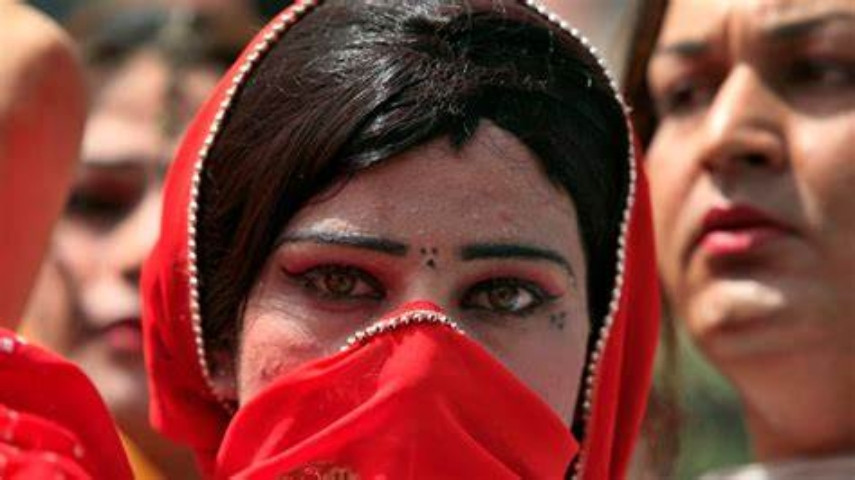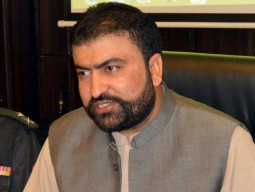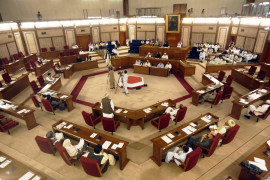
Although navigating through the ups and downs of life is always a tremendously thorny ordeal for transgender persons in K-P surviving on the margins of society, their fated struggle for acceptance rarely ends with death.
The transgender community of Khyber-Pakhtunkhwa (K-P), faces the worst form of persecution, with regular instances of target killing claiming the lives of countless trans persons every year. As the community unites in bereaving the ruthless murder of another innocent fellow member, the additional exasperation of locating a cleric and grave for the deceased’s funeral proceedings weighs heavily on its nerves.
Last month, the friends of Asma Lata, a Karachi-based trans woman brutally murdered at the Iqbal Plaza in Peshawar, had to face a similar quandary, when they had to wait for seven hours before their beloved friend could finally be laid to rest. After futilely pleading two or three local people to perform the funeral prayers of Asma, they found help in a non-native transgender, associated with religious preaching, who out of courtesy came forward to perform the last rites of the deceased.
This however, can surely not be seen as a lone occurrence since a couple of years ago too, the local imam had openly refused to supervise the funeral and burial proceedings of a transgender who was murdered in a similar case of target killing in Peshawar.
“In K-P, immense fortitude is required to bury a fellow transgender friend. We literally have to beg religious leaders and locals to assist us in the funeral prayers and burial. Moreover, finding burial space for a trans person is just as difficult,” revealed Arzoo Khan, a trans rights activist and Chairman of the Trans Alliance Khyber-Pakhtunkhwa.
“For Asma’s burial, we had to collect a donation worth Rs120,000 before her body could be sent through an ambulance to Karachi for burial. Neither the government nor any private organization helped us in this. Day by day transgender persons are being brutally killed yet no space exists for us to bury them,” lamented Arzoo.
“The non-availability of space in graveyards is a serious problem plaguing the transgender community. Many areas do not allow us to bury a transgender person due to which we have to bury them covertly in the dark hours of the night,” concurred Farzana, President of the Transgender Association.
Voicing Farzana’s grievances, Neena, another trans woman felt that most people in society treated the transgender community as aliens from another land. “We happily rejoice at celebratory occasions with all people but unfortunately no one in this narrow-minded society is willing to come and wipe our tears when a fellow transgender is murdered,” cried Neena.
According to data received by the Express Tribune from the Transgender Association of K-P, 126 transgender persons have been killed during the past five years in the province, while more than a thousand have been injured in various incidents of firing, torture and kidnapping. Furthermore, seven trans women have been killed so far in 2024 alone.
Speaking to the Express Tribune on the persecution of the otherized gender and the challenges of burying the dead bodies of transgender persons in K-P and tribal areas, the Adviser to the Chief Minister on Social Welfare said, “We have been instructed by the Chief Minister to work towards upholding the rights of the transgender community. A special ward will be established in the government hospital of each division, where injured transgender persons will be treated under the best medical arrangements. Five kanals of land will be allocated for a graveyard for the transgender community. The government has also approved funding for transgender cemeteries.”
Published in The Express Tribune, April 22nd, 2024.




1730806656-0/BeFunky-collage-(23)1730806656-0-165x106.webp)













1730706072-0/Copy-of-Untitled-(2)1730706072-0-270x192.webp)
COMMENTS
Comments are moderated and generally will be posted if they are on-topic and not abusive.
For more information, please see our Comments FAQ